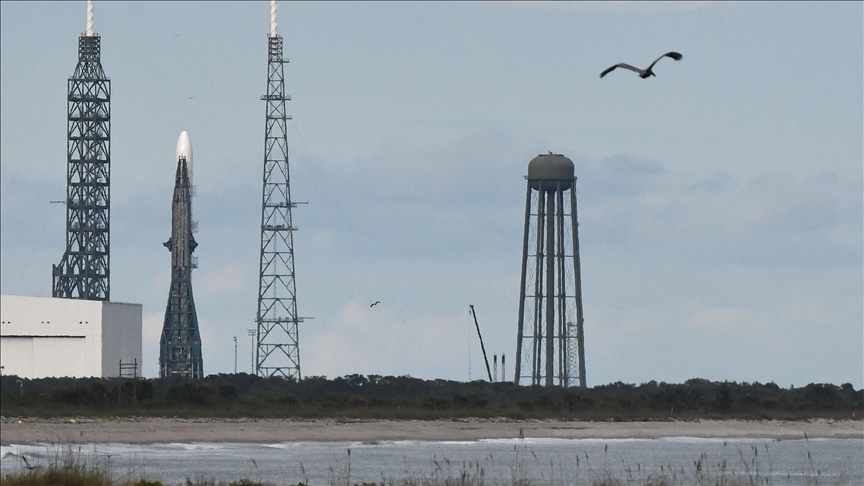Environmental concerns mount after German space rocket crash around Norwegian island
Fishermen fear environmental damage from rocket crash, while local politician says launch company might be trying to cover up fallout from incident
 File photo
File photo
BERLIN
Fishermen on Norway’s Andoya island fear environmental pollution after a German space rocket exploded and crashed moments after liftoff on Sunday.
🚀 Environmental concerns grow after a German space rocket explodes near a Norwegian island
— Anadolu English (@anadoluagency) April 1, 2025
🐟 Fishermen fear ecological damage from the crash, while a local politician accuses the launch company of trying to cover up its impact https://t.co/SQkf9jZLaV pic.twitter.com/gxikgqklik
The Norwegian Fishermen's Association has requested a meeting with the Andoya Spaceport company, and Red Party politician Geir Jorgensen has called for an investigation into the environmental impact of the explosion.
“We have reason to believe that this has a major negative impact on the marine environment in a vulnerable area,” Jorgensen said, adding that the investigation should determine whether such activities should continue on Andoya.
Speaking to the media, he expressed concern that the explosion had released a full load of fuel into the sea and suggested that the launch company might be trying to cover up the incident's fallout.
According to local daily Fiskeribladet, fishermen in the region voiced concerns over environmental pollution and the negative effects of rocket launches in the area.
“Andoya is perhaps one of the most vulnerable places along the entire Norwegian coast. We’ve seen fish population fall due to activity in the region,” Yngve Larsen, a local angler, told the daily. “These actors present a rosy picture of jobs and positive economic benefits. But they're less willing to discuss the negative aspects.”
Ingrid Hanssen, acting director of Andoya Spaceport, sought to downplay the potential environmental impact of the rocket crash.
“We carried out the launch entirely within our defined safety area and in line with safety procedures. Basically, the rockets are not supposed to cause any pollution,” Hanssen told Fiskeribladet.
“The rocket fell into an area of shallow water at a depth of one to two meters. It’s not necessarily a large fishing area,” she added.
German startup Isar Aerospace's orbital rocket launch from European soil – a significant milestone for Europe's commercial space industry – came to an abrupt end Sunday when the rocket exploded moments after liftoff. The company has a long-term contract with Andoya Spaceport to do satellite launches using its Spectrum rocket, marking one of Europe's first major private ventures into orbital launch capabilities.






